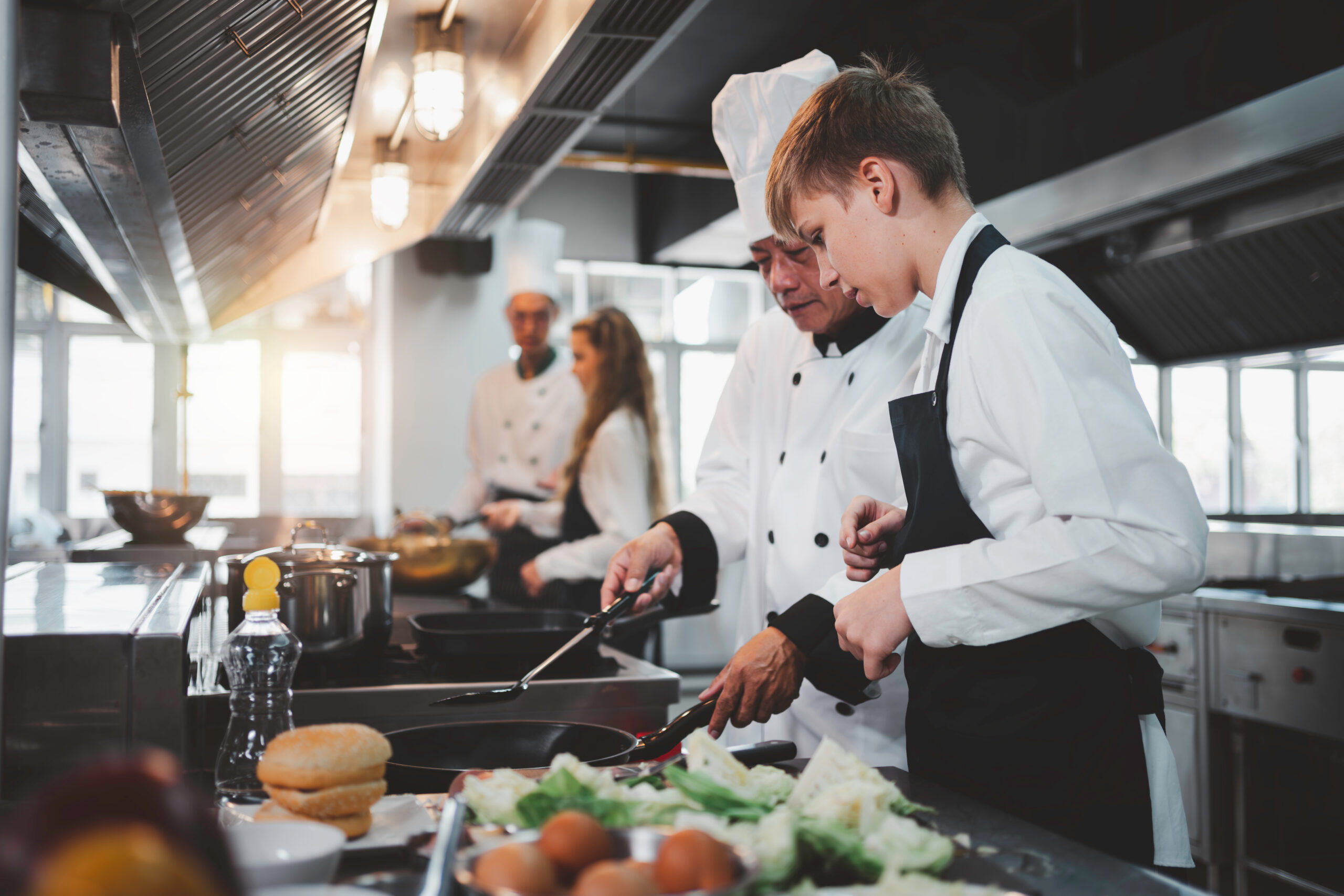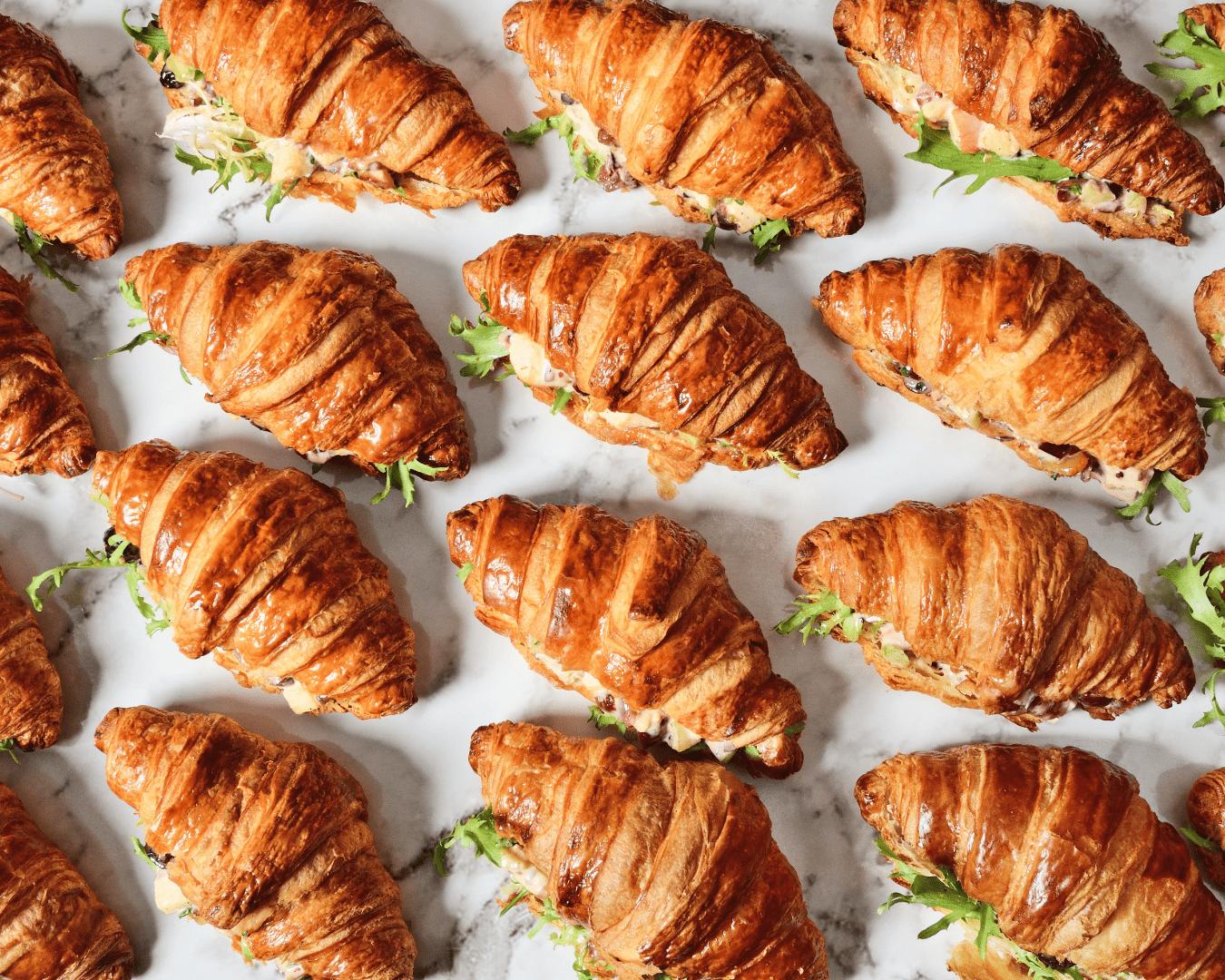
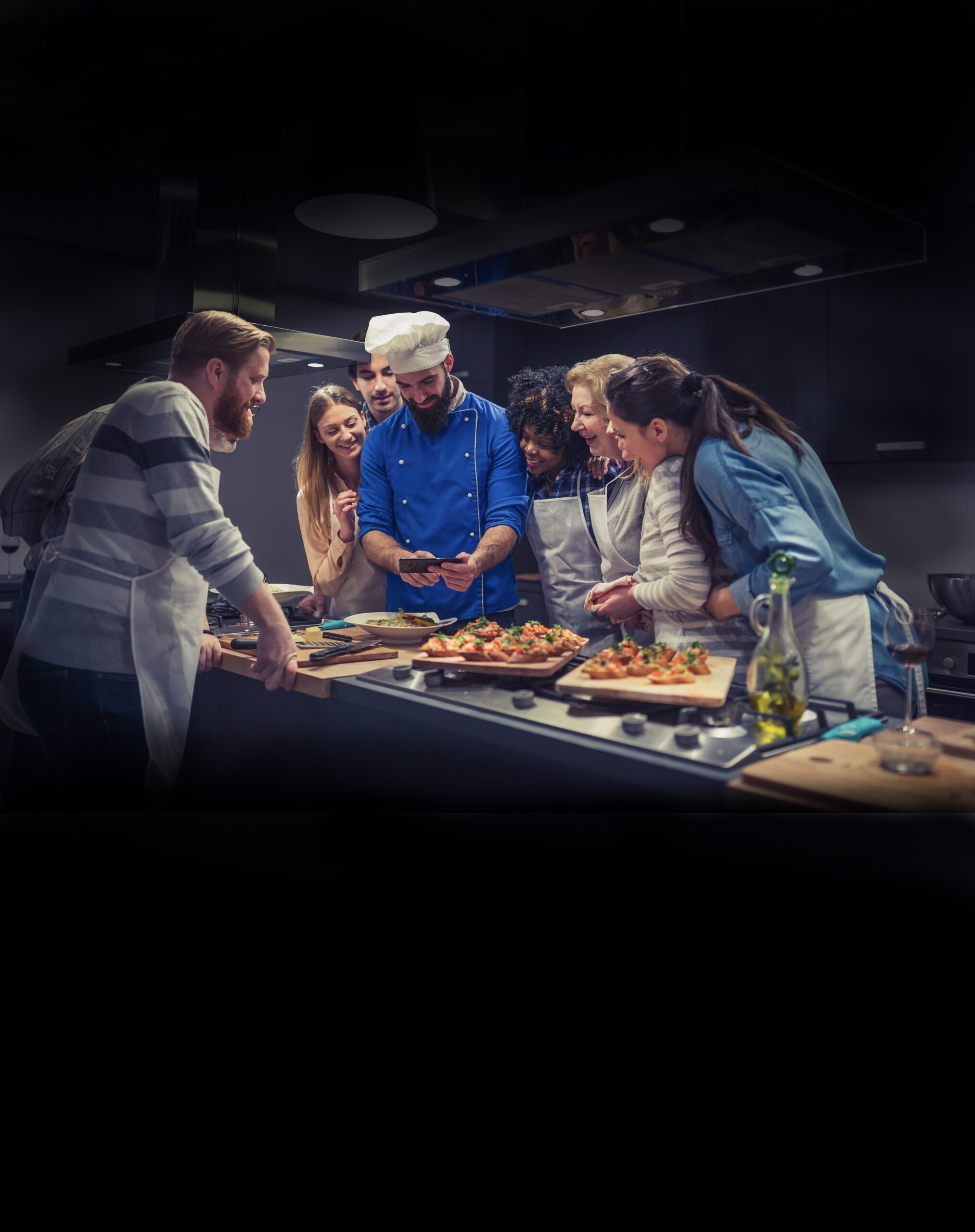
In an era where dining out is as much about the experience as it is about the food, restaurants are finding creative ways to connect with customers. One innovative approach is hosting culinary workshops—engaging, hands-on classes that not only showcase your restaurant’s culinary expertise but also build lasting relationships with customers. Whether you’re a small bistro or a fine-dining establishment, culinary workshops can elevate your brand, enhance loyalty, and create new revenue streams.
Why Culinary Workshops?
1. Enhance Brand Awareness
Culinary workshops provide a unique opportunity to highlight your restaurant’s strengths—be it a signature cooking style, local ingredients, or a celebrated chef. These interactive sessions allow customers to see and experience the craftsmanship behind your menu, making them ambassadors for your brand. Positive word-of-mouth and glowing online reviews often follow, strengthening your restaurant’s reputation.
2. Build Loyal Customer Connections
Workshops foster personal connections between your staff and customers. Participants feel a sense of belonging as they learn techniques, ask questions, and interact directly with chefs. These memorable experiences often translate into repeat visits, catering orders, or even attendees sharing their positive experiences with friends and family.
3. Unlock Additional Revenue Streams
Culinary classes generate revenue beyond the ticket price:
- Future Reservations: Many attendees book tables for future visits after discovering your restaurant’s unique offerings.
- Dining: Attendees often pair their workshop with a meal at your restaurant.
- Merchandise Sales: Offer branded items such as aprons, recipe books, or specialty kitchen tools.
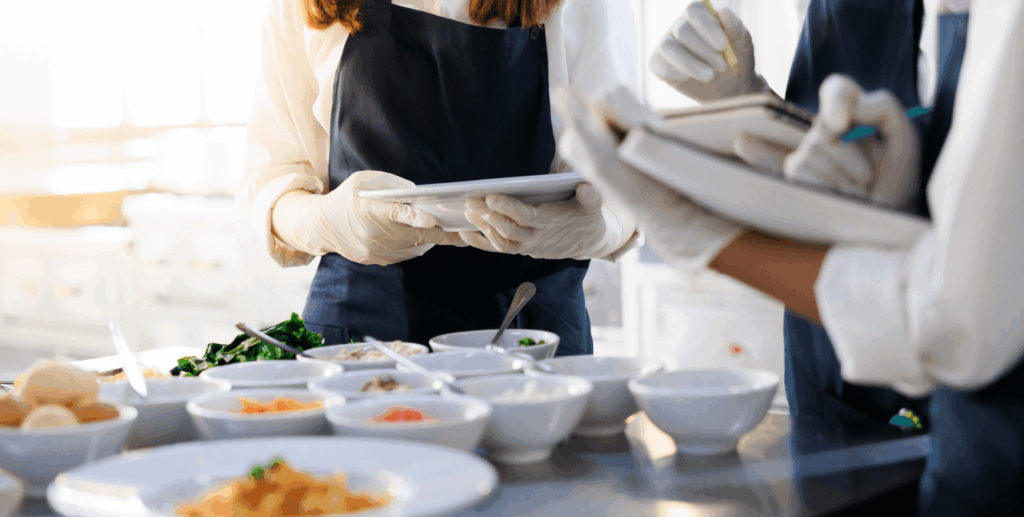
How to Plan a Successful Culinary Workshop
1. Know Your Audience
Tailor your workshops to specific demographics:
- Food Enthusiasts: Dive into advanced techniques or exotic cuisines.
- Corporate Teams: Offer team-building experiences with interactive cooking challenges.
- Families: Focus on fun, kid-friendly recipes.
2. Choose the Right Themes
Highlight your strengths by aligning the workshop with your restaurant’s identity. For instance:
- A French bistro could teach the art of making sauces like béarnaise or velouté.
- A BBQ joint might offer lessons on smoker techniques or crafting the perfect dry rub.oks, or specialty kitchen tools.
3. Pick the Best Times and Locations
Host workshops during off-peak hours to maximize use of your space or collaborate with local venues for broader exposure. Factor in customer availability and restaurant traffic when scheduling.
4. Prepare for Hands-On Engagement
Ensure you have:
- The right tools and appliances for an interactive experience.
- Fresh, high-quality ingredients to demonstrate your commitment to excellence.
- A comfortable setup with enough space for all participants.
Marketing Your Culinary Workshops
1. Leverage Social Media
Platforms like Instagram, Facebook, and TikTok are perfect for showcasing your workshops. Share videos, chef introductions, and stunning food photos to generate buzz.
2. Partner with Influencers
Local food bloggers and influencers can help you reach new audiences. Invite them to attend and promote your workshops in exchange for a complimentary experience.
3. Offer Enticing Promotions
Encourage participation with discounts, group packages, or loyalty rewards for repeat attendees.
Executing a Flawless Workshop
1. Hire the Right Chefs
Select instructors who are not only skilled but also personable and engaging. Their enthusiasm will set the tone for the event.
2. Make It Interactive
Incorporate hands-on activities where participants can cook, taste, and discuss. Provide take-home recipes or small samples to extend the experience.
3. Create a Welcoming Atmosphere
A warm, inviting space with good lighting, comfortable seating, and essential supplies—like aprons and utensils—ensures participants feel valued.
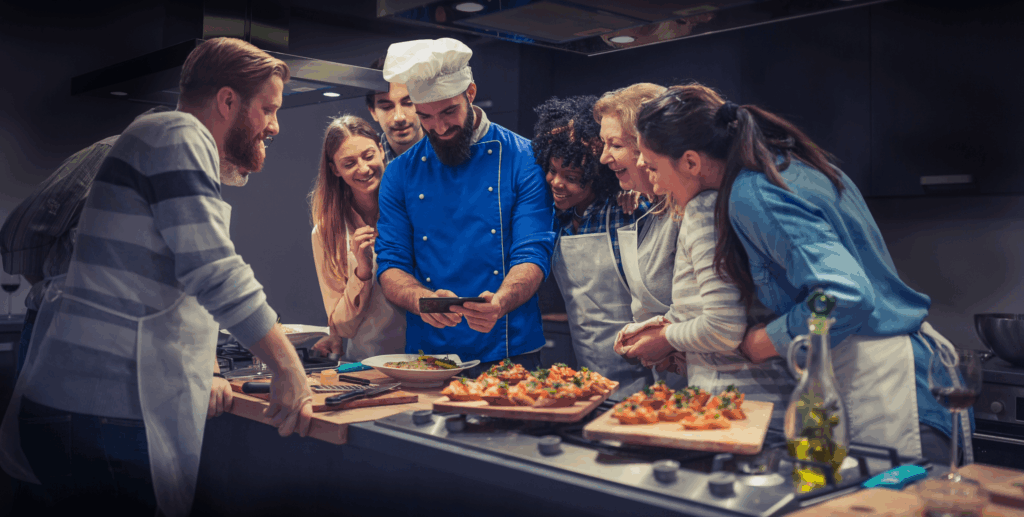
After the Workshop: Keeping the Connection Alive
1. Gather Feedback
Distribute quick surveys to participants to understand what they loved and how you can improve.
2. Share the Story
Post photos, videos, and testimonials from the event on your social media channels and website. Highlight the excitement and success of the workshop to attract future participants.
3. Encourage Repeat Attendance
Offer exclusive discounts or loyalty points for returning attendees. Build anticipation for your next event with sneak peeks of upcoming themes.
Measuring Success
Track these metrics to gauge the effectiveness of your workshops:
- Customer Retention: Use surveys and CRM data to measure how many workshop participants become repeat customers.
- Attendance and Revenue: Compare ticket sales and dining revenues before and after the event.
- Engagement: Monitor website traffic, social media likes, shares, and comments.
Ready to Host Your First Culinary Workshop?
Culinary workshops are more than just events—they’re experiences that create meaningful connections, build your brand, and drive revenue. By carefully planning, promoting, and executing these classes, your restaurant can stand out in a competitive market while delivering unforgettable moments to your customers.


